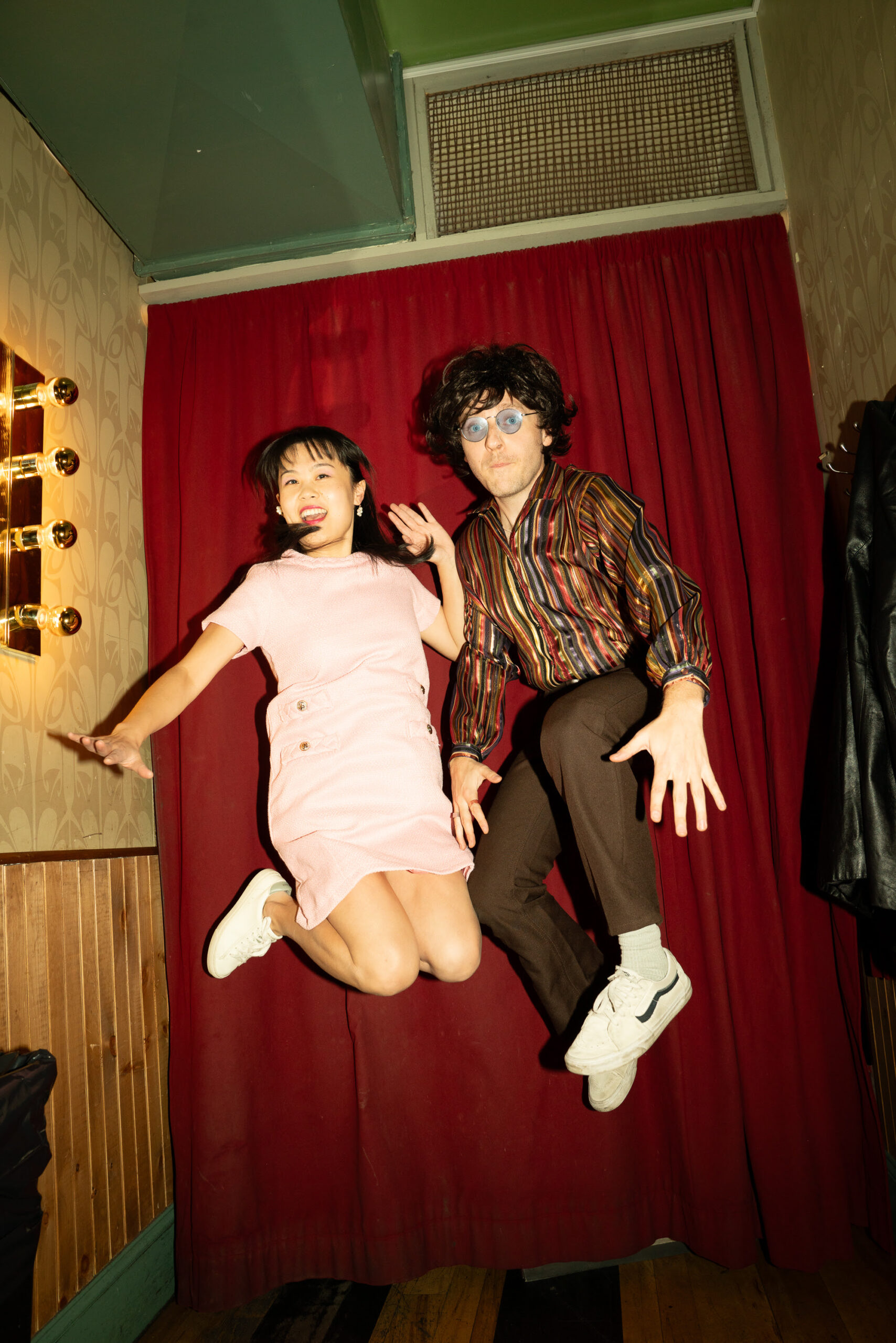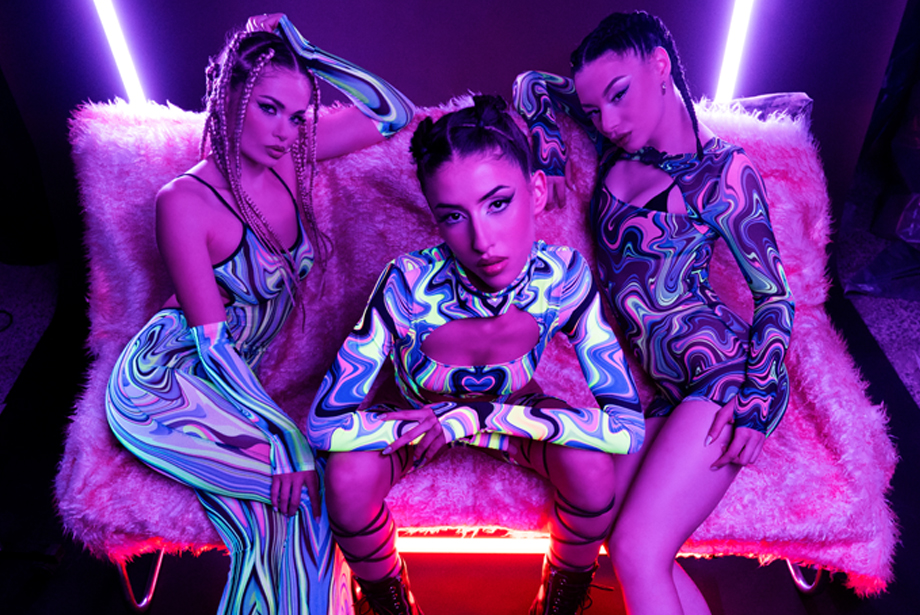
Madison Beer
By Christian Bertrand (Shutterstock)
It’s not often that 65-year-old literature becomes the center of online controversy–but maybe it should happen more often.
On Monday, 21-year-old singer Madison Beer faced backlash when she replied to a fan’s question about what she thought of Vladimir Nabokov’s 1955 novel about a middle-aged man’s predatory obsession with his 12-year-old stepdaughter. During the livestream, Beer said it was her favorite book and that she “definitely” romanticized the storyline.
When fans took to Twitter at a loss to how Beer could condone a pedophilic relationship, the “Good in Goodbye” singer defended her remarks in a series of since-deleted Tweets: “I said I romanticize it because to me it’s about a taboo relationship, not about the age. That’s just how it reads to me. The movie has a much different take and I just liked the storyline. I’d never condone pedophilia y’all… it’s a fake story and a made-up book.”
Of course, the kind of abuse depicted in the novel is not based in fiction, as one in nine girls and one in 53 boys under the age of 18 experience sexual abuse from an adult, according to the RAINN, America’s largest anti-sexual violence organization. Out of all victims under the age of 18, two-thirds are between ages 12 and 17; and sadly, most perpetrators are related or known to the victim in some way.
As is the norm when it comes to celebrity ignorance, Twitter was swift to issue a cancellation hashtag, with #MadisonBeerIsOverParty gaining momentum on Monday night.
Beer further misstepped by pointing out that she also “romanticize[d]” a fictional murderer and cannibal, tweeting, “I also have said I romanticize Hannibal Lector, who plays a killer in a film. He’s a character in a film and that’s not real. I don’t romanticize KILLERS in real life. It’s a fake made up thing.”
But soon, she realized the need to pull back her sentiments, particularly since people were pointing out the complete lack of consent in the novel and how it all too closely represents real-life experiences.
She Tweeted a half-hearted apology: “i love u guys & i’m sorry. i misspoke and would never condone innaproproate relationships of any kind. i’m sincerely sorry for it seeming like i do. let me make it clear – i do not. have a good night.” Later she added, “yes and i need to b mindful of other people’s experiences and i apologize sincerely. i’d never want to hurt anyone.”
Perhaps her apology seemed insincere in light of recent accusations that Beer staged a photo shoot at a Black Lives Matter protest. With 19.4 million Instagram followers, Beer–like all high-profile figures–has a responsibility to use her platform to share educational resources, amplify voices of those who are often underrepresented, or to remain quiet and listen.
But was Beer’s off-hand comment so bad?
From another perspective, Madison Beer’s take on Lolita is almost mainstream. Nabokov, a Russian-born naturalized American citizen, was yet another white, heterosexual, cis, male writer who was born into an upper class family (they traced their roots to Russian nobility). While he was undoubtedly brilliant, his privilege allowed him to travel the world and write freely.
Initially, Nabokov planned to publish Lolita under a pseudonym, but after the manuscript was rejected by nearly all major American publishers, Nabokov ended up publishing the novel in France. It was accepted by Maurice Girodias of Olympia Press, “three-quarters of [whose] list was pornographic trash.” The first printing of the novel was loaded with typos, and it was barely reviewed. Then a renowned (also white, heterosexual, cis male) writer Graham Greene called it one of the three best books of 1955. The book soon gained infamy as an obscene, “pornographic” and yet beautifully written text, cementing its role in western literary canon.
As a result, the overtly predatory relationship in the book has always had its defenders, with the entire western history of white male oppression working in the book’s favor. Nabokov’s biographer, Brian Boyd, even once denied that the book portrayed sexual assault “in any ordinary sense” because “it is she who suggests that they try out the naughty trick.”
As a reminder, this is an excerpt in which Humbert Humbert, the adult male narrator, defends his lust for the prepubescent girl he calls Lolita: “Ladies and gentleman of the jury, the majority of sex offenders that hanker for some throbbing, sweet-moaning, physical but not necessarily coital, relation with a girl-child, are innocuous, inadequate, passive, timid strangers who merely ask the community to allow them to pursue their practically harmless, so-called aberrant behavior, their little hot wet private acts of sexual deviation without the police and society cracking down upon them. We are not sex fiends! We do not rape as good soldiers do. We are unhappy, mild, dog-eyed gentlemen, sufficiently well integrated to control our urge in the presence of adults, but ready to give years and years of life for one chance to touch a nymphet. Emphatically, no killers are we. Poets never kill.”
The story of defilement told by a (somewhat) self-aware abuser is a staple of western canon, all the more compelling for its raw depiction of her misery. “You see, she had absolutely nowhere else to go,” Humbert celebrates when a teenage and pregnant Lolita reaches out to him for help. In total, Lolita, based on the real-life assault of 11-year old Sally Horner, is predation under the guise of poetry.
Beer modified her stance on Tuesday afternoon with thoughtful remarks about how she allowed critical praise for the book “to color how I have viewed it up until this point.” She acknowledged that the book can be “triggering for some people” and that the book is not just an “academic exploration of complicated themes and dark characters.”
So yes, Beer’s initial comment was bad–in that it was a sorely misguided and blind defense of a text that she could barely see underneath its layers of prestige. Beer’s comment was a reminder that society has been built by and in favor of white men, even the overtly predatory. While Lolita has been praised for 65 years, the notion of believing women’s stories of assault and raising their perspectives to be of equal importance to men’s has only been hashtag-worthy since the spread of the Me Too movement in 2017.
Clearly, a young woman like Madison Beer isn’t the focal point of the problem. Maybe it’s time we rethink the art we praise as relics of an oppressive, misogynistic past.













